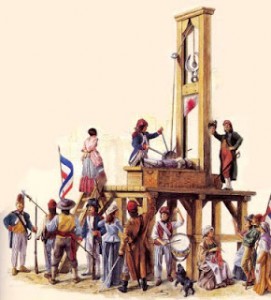 The “Notable & Quotable” feature in today’s Wall Street Journal consists of a lengthy excerpt from my remarks on receiving the Bradley Prize last week in Washington:
The “Notable & Quotable” feature in today’s Wall Street Journal consists of a lengthy excerpt from my remarks on receiving the Bradley Prize last week in Washington:
In addition to giving comfort and joy, art also has the miraculous ability to let us live in other men’s skins, to test our perceptions and beliefs against theirs, and perhaps to be changed as a result. It does this by portraying the world creatively, heightening our perception and enriching our understanding of things as they are. Art makes sense of life.
To strive toward so noble a goal, the artist must first of all be able to tell the truth as he sees it about the world he sees around him. That task can only be pursued to the fullest degree under the aspect of freedom. Where there is no freedom, there is no art, save at the risk of the artist’s neck. And this freedom includes, among many other things, freedom from the paralyzing obligation to persuade.
The artist whose chief goal is not to make everything more beautiful but to enlist his audience in a cause—no matter what that cause may be—is rarely if ever prepared to tell the whole truth and nothing but. He replaces the true complexity of the world with the false simplicity of the ideologue. He alters reality not to make everything more beautiful, but to stack the deck.
This is what Oscar Wilde meant when he said that no artist ever tries to prove anything, though I’d put it another way. Great art doesn’t tell—it shows. And this act of showing is itself a moral act, a commitment to reality….
To read the entire speech, go here.
